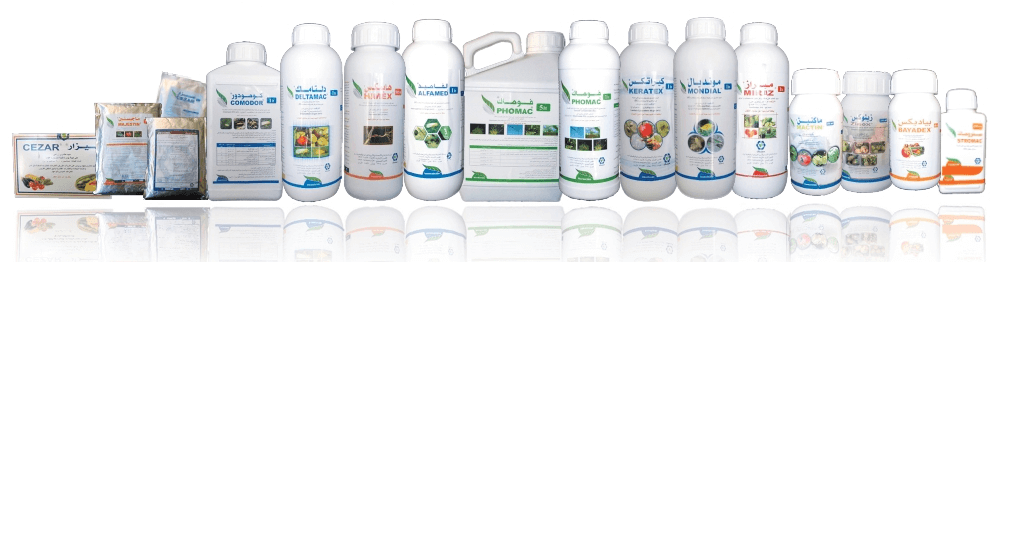AGRICULTURAL PESTICIDES
AGRICULTURAL PESTICIDES

Miticides
Miticide, also called Acaricide, is a chemical substance used to control mites or ticks (especially species that damage vegetables, ornamental and other plant), which are not susceptible to commonly used insecticides. Many Miticide kill eggs and larval stages as well as adult animals.
Fungicides
Fungicides are chemical compounds used to kill parasitic fungi or their spores. A Fungistatics inhibits their growth. Fungi can cause serious damage in agriculture, resulting in critical losses of yield, quality, and profit. Fungicides can either be contact, translaminar or systemic.
Nematicides
A Nematicide is a type of chemical pesticide used to kill plant-parasitic nematodes. Nematicide have tended to be broad-spectrum toxicants possessing high volatility or other properties promoting migration through the soil.
Herbicides
Herbicides, also commonly known as weed killers, are substances used to control unwanted plants. Selective herbicides control specific weed species, while leaving the desired crop relatively unharmed, while non-selective herbicides can be used to clear waste ground, industrial and construction sites, railways and railway embankments as they kill all plant material with which they come into contact.
Termiticides
Termiticide are one class of insecticides specifically designed to eliminate termites. Available formulations include Termite Baits, Termite Baiting Systems, and liquid Termiticide chemicals.
Insecticides
Insecticides are substances used to kill insects. They include ovicides and larvicides used against insect eggs and larvae, respectively. Insecticides are used in agriculture. Insecticides are claimed to be a major factor behind the increase in the 20th-century's agricultural productivity. Nearly all insecticides have the potential to significantly alter ecosystems; many are toxic to humans and/or animals; some become concentrated as they spread along the food chain. Insecticides can be classified into two major groups: systemic insecticides, which have residual or long-term activity; and contact insecticides, which have no residual activity.
GET IN TOUCH
We would love to hear from you
